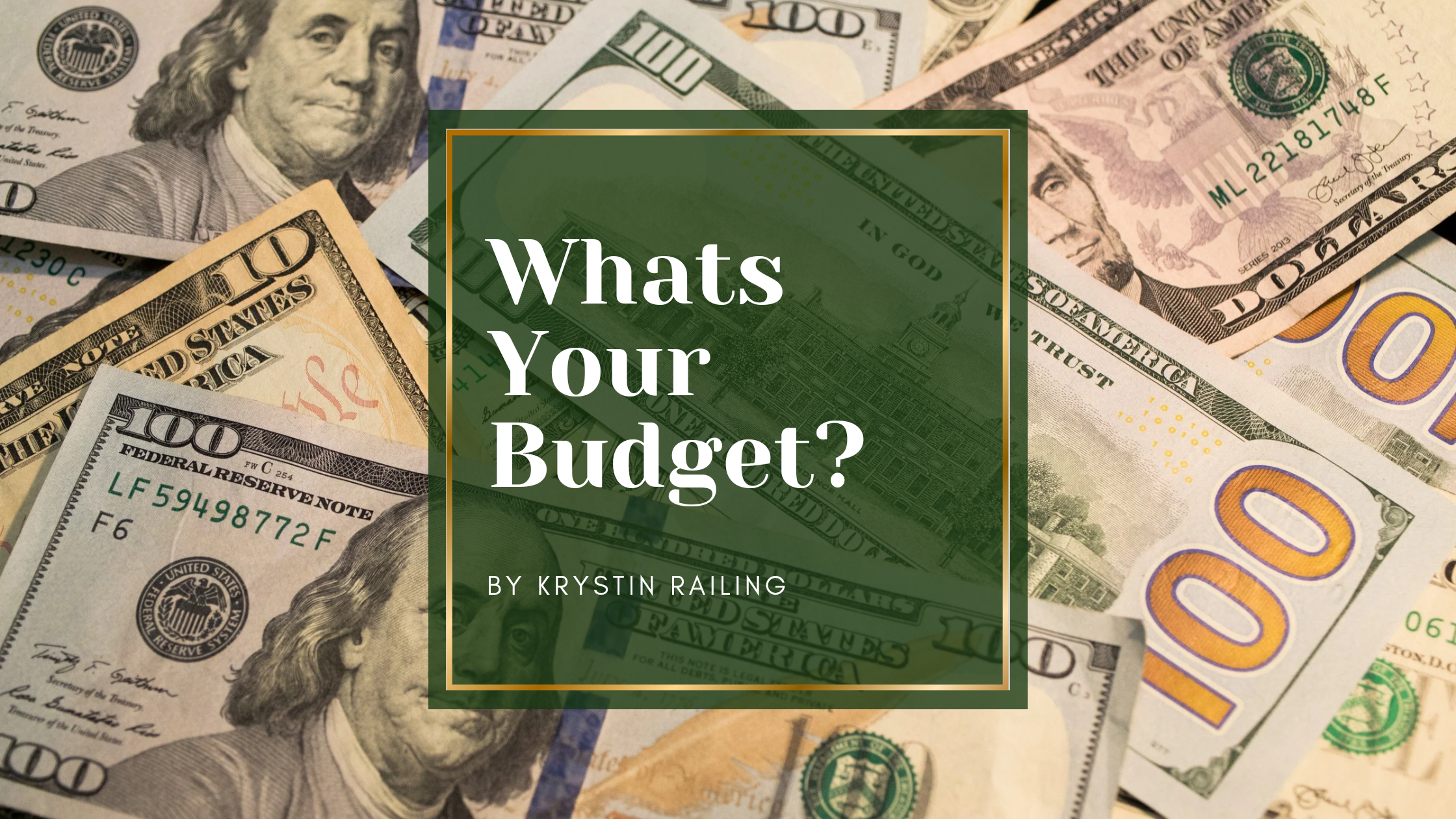Your cart is currently empty!
What’s Your Budget?

The age old question… What’s your budget?!! Purchasing is a mutual decision. Both parties are concerned about understanding the following as quickly as possible.
- ✅ Fit: is this a good fit⁉️
- ✅ Value: Is this a good value⁉️
Why It’s Important to Know a Clients Budget:
- 👍Understanding: It proves the client done their homework and formally budgeted for Performers. Having a budget number, or at least a range in mind, shows that they have some realistic idea of what they are looking for and how much it should cost.
- 👍Seriousness: It shows the client is serious about hiring a Performer. Tire kickers typically don’t have a budget because they’re fishing for numbers.
- 👍Time: it saves time if the client knows their budget. If the relationship is not going to work because budget expectations are out of alignment, you want to know that as quickly as possible. If they don’t know how to calculate a budget and are using the Performers time to help them do research that’s okay, but theyneed to be upfront about it.
- 👍Trust: Knowing the budget signals trust. When you are open and honest, the clieny is much more likely to be helpful and honest in return. Saying “I don’t have a budget” is like saying “I don’t trust you.” If you’re lying about that in the first meeting, that doesn’t look good for the prospect of a trusting partnership with the provider you’re considering.
- 👍Qualified: Knowing a Clients Budget weeds out unqualified vendors:
Questions to Ask Yourself When Dealing With a Client
- ⁉️Does this client understand what they are asking for?
- ⁉️Are they serious about purchasing?
- ⁉️Do you have time to manage this event?
- ⁉️Can you trust this person?
- ⁉️Are they qualified to make this purchase.
If the answer is 🚫NO🚫 than don’t do business with them.
If the answer is ✅YES✅… then what…All that being said,,should you ask your client “What’s your budget?
No!… and here’s why…
- 👎Loss of Control: you lose control of the conversation if you ask for the budget
- 👎Loss of Respect: You lose respect from the client
- 👎Limits Creativity: asking for a budget limits the clients creativity:
Why Performers Should Know Their Price Ranges:
- 👍Range: Sharie your budget estimate as a broad range. Cite a high- and low-end, or give a more specific figure if you’re comfortable doing so.
- 👍Authority: It establishes your authority. Real decision-makers have a realistic budget in mind. Not knowing that number (or professing not to know) suggests that you’re simply gathering information for someone higher up if you don’t want the person you’re dealing to go over your head to find the person who can sign the check, be upfront about the numbers you need.
- 👍Respect: Knowing and sharing your budget shows respect. Helping the person that you’re dealing with figure out quickly whether you’re a goodprospect is beneficial for you both. Don’t waste your time or theirs time dancing around the budget issue. Get a financial framework on the table and move on..
What to do instead:
- ✅Ask the client “What is your vision for this event?”
- ✅Allow the client to visualize it and verbalize their vision,
- ✅Use an event budget calculator to create a budget for the client.
- ✅Write a formal written proposal with the experience you will create for them and THEN include prices based on the true MATH of the event budget based on their vision.
This allows you to do a Bottom Up Pricing Strategy . Bottom-up pricing is a method in which all the costs incurred are calculated first and the desired profit is added to the total cost to calculate the price. Compared to the Bottom-Up Pricing Strategy of the cost approach, value-based pricing is a top-down approach. This approach first focuses on the value of a product or service and then pushes the price down, well below the perceived value Bottom-up pricing is more tedious than top-down pricing but it is more elaborate.